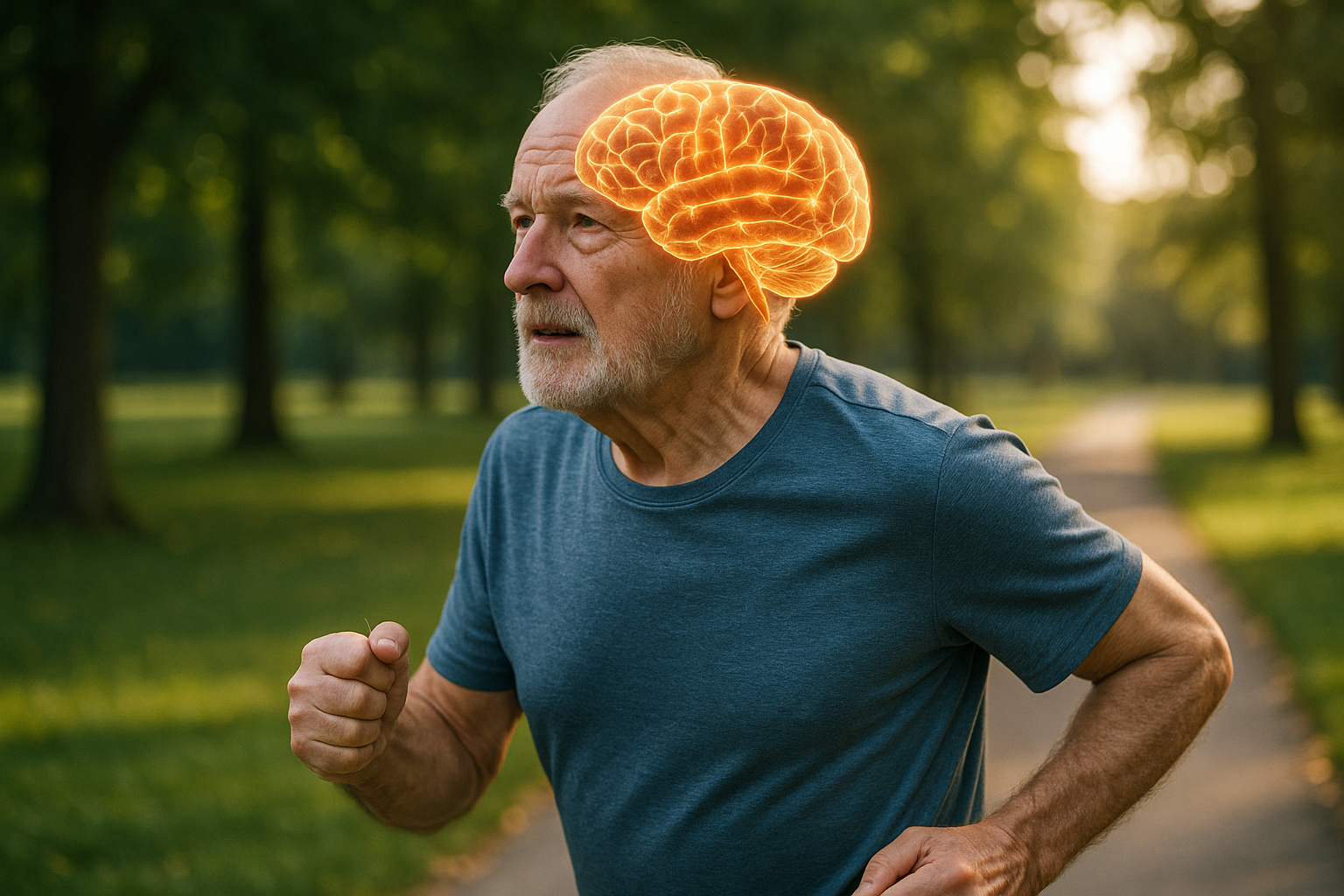Natural Approaches to Managing Dementia Symptoms
Dementia is a challenging condition that affects millions of people worldwide. While there is no cure, various natural approaches can help manage symptoms and potentially slow its progression. This article explores non-pharmaceutical methods to support individuals with dementia, offering insights into lifestyle changes, cognitive exercises, and supportive strategies for caregivers and loved ones.

What are the first signs of dementia to watch for?
Recognizing the early signs of dementia is crucial for timely intervention and support. Common initial symptoms include:
-
Memory loss affecting daily activities
-
Difficulty planning or solving problems
-
Challenges completing familiar tasks
-
Confusion with time or place
-
Problems with visual perception
-
Trouble following conversations or finding words
-
Misplacing items and inability to retrace steps
-
Poor judgment or decision-making
-
Withdrawal from work or social activities
-
Changes in mood or behavior
If you or a loved one experience persistent issues in these areas, it’s essential to consult a healthcare professional for a proper evaluation.
How can diet and nutrition help slow down dementia?
A brain-healthy diet plays a significant role in potentially slowing down dementia progression. Consider incorporating these nutritional strategies:
-
Mediterranean-style diet: Rich in fruits, vegetables, whole grains, and lean proteins
-
Omega-3 fatty acids: Found in fish, flaxseeds, and walnuts
-
Antioxidant-rich foods: Berries, leafy greens, and dark chocolate
-
Vitamin B12 and folate: Found in eggs, fortified cereals, and leafy greens
-
Hydration: Adequate water intake to support cognitive function
Limiting processed foods, saturated fats, and excessive sugar can also contribute to overall brain health.
What physical activities can help someone with early dementia?
Regular physical exercise is crucial for maintaining cognitive function and potentially slowing dementia progression. Suitable activities include:
-
Walking: Aim for 30 minutes daily
-
Swimming: Low-impact and beneficial for overall health
-
Tai Chi or gentle yoga: Improves balance and reduces stress
-
Gardening: Combines physical activity with sensory stimulation
-
Dancing: Engages both mind and body
-
Strength training: Improves muscle tone and overall fitness
Always consult a healthcare provider before starting a new exercise regimen, especially for individuals with mobility issues or other health concerns.
How can cognitive exercises support dementia management?
Engaging in mentally stimulating activities can help maintain cognitive function and potentially slow dementia progression. Consider these exercises:
-
Puzzles and brain teasers: Crosswords, Sudoku, or jigsaw puzzles
-
Memory games: Card matching or name recall exercises
-
Learning new skills: Taking up a musical instrument or learning a language
-
Reading and discussion groups: Stimulates critical thinking and social interaction
-
Art and craft projects: Encourages creativity and fine motor skills
-
Technology-based brain training apps: Designed to challenge various cognitive domains
Tailor activities to the individual’s interests and abilities to ensure engagement and enjoyment.
What natural therapies show promise for dementia symptom management?
Several alternative therapies have shown potential benefits for individuals with dementia:
-
Aromatherapy: Certain scents may improve mood and reduce agitation
-
Music therapy: Can evoke memories and improve emotional well-being
-
Pet therapy: Interaction with animals can reduce stress and improve mood
-
Bright light therapy: May help regulate sleep patterns and reduce sundowning symptoms
-
Massage and touch therapy: Can promote relaxation and reduce anxiety
-
Acupuncture: Some studies suggest potential benefits for cognitive function
While these therapies show promise, it’s essential to consult with healthcare providers before incorporating them into a dementia care plan.
How can caregivers create a supportive environment for someone with dementia?
Creating a safe and supportive environment is crucial for individuals with dementia. Consider these strategies:
-
Simplify the living space: Remove clutter and potential hazards
-
Enhance lighting: Improve visibility and reduce confusion
-
Use clear labels and signs: Help with navigation and identification
-
Establish routines: Provide structure and familiarity
-
Encourage independence: Adapt tasks to allow for continued participation
-
Promote social interaction: Facilitate visits from friends and family
-
Ensure safety measures: Install grab bars, remove trip hazards, and secure potentially dangerous items
-
Create a calm atmosphere: Minimize noise and distractions when possible
Remember that each person’s needs are unique, so it’s important to tailor the environment to the individual’s specific requirements and preferences.
In conclusion, while there is no cure for dementia, natural approaches can play a significant role in managing symptoms and potentially slowing its progression. By combining a healthy diet, regular physical activity, cognitive exercises, and supportive therapies, individuals with dementia and their caregivers can work towards maintaining quality of life and cognitive function for as long as possible.
This article is for informational purposes only and should not be considered medical advice. Please consult a qualified healthcare professional for personalized guidance and treatment.




